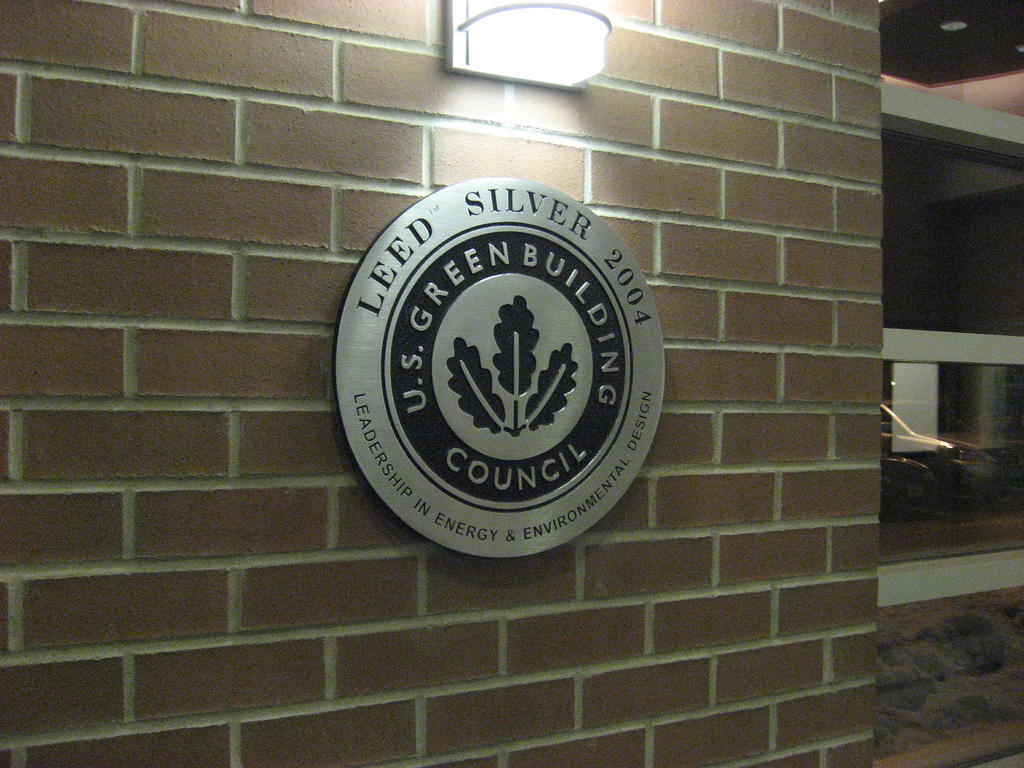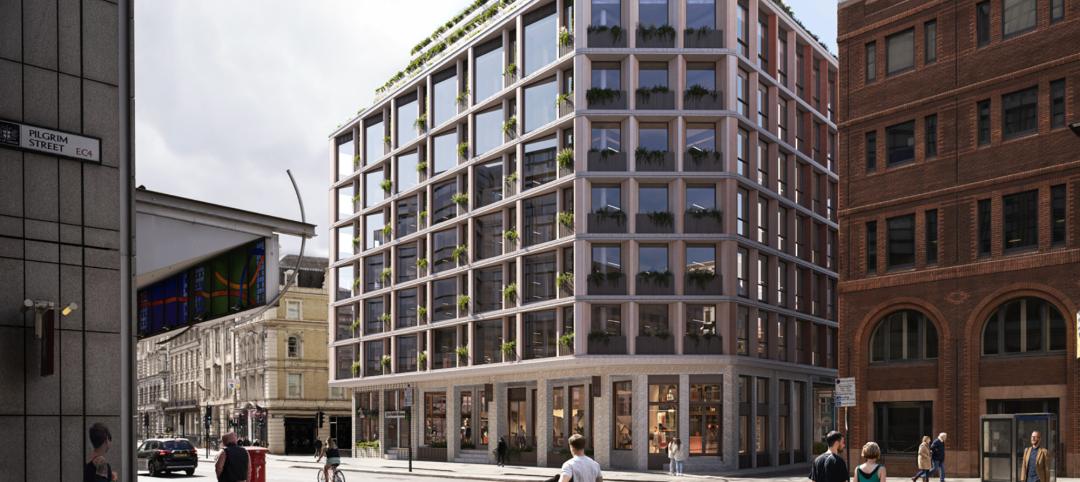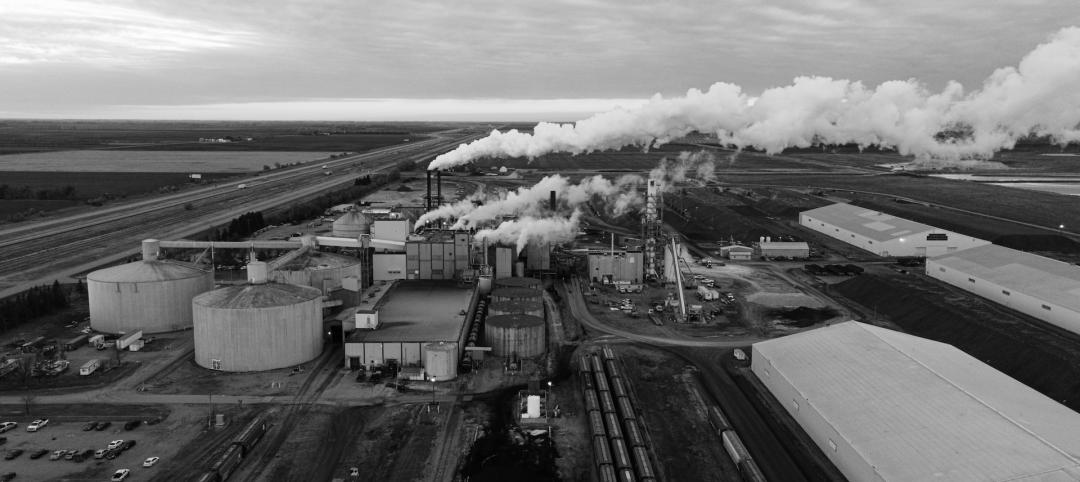The U.S. Green Building Council (USGBC) unveiled a new governance structure with two leadership bodies.
An advisory council has been added to the organization to set policy in conjunction with the board of directors. This arrangement will be implemented in 2016.
“By having both a Board of Directors and an Advisory Council, we increase our ability to meet the challenges of a complex business environment,” said Rick Fedrizzi, CEO and founding chair, USGBC. “The individuals on our new board bring a unique perspective and unparalleled industry expertise that will allow us to navigate the changing global business landscape. And our Advisory Council members will provide deep market knowledge and technical expertise ...”
The Advisory Council will recommend policy and initiatives to the board. The board retains the legal authority to make policy, direct staff, and the ultimate fiduciary responsibility and liability for the advancement of USGBC’s business and mission.
USGBC’s membership elected the following individuals to serve as directors, effective Jan. 1, 2016:
- Bob Fox, Partner, COOKFOX Architects and Terrapin Bright Green (three-year term)
- Mike McNally, Principal, McNally Green, and retired President and CEO, Skanska USA (three-year term)
- Chrissa Pagitsas, Director, Green Initiative, Fannie Mae (two-year term)
- Janine Benyus, Partner and Cofounder, Biomimicry 3.8 (two-year term)
- Paul Anastas, PhD., Director, Center for Green Chemistry and Green Engineering, Yale University (1 year term)
- Aaron Bernstein, M.D., M.P.H., Associate Director, Center for Health and the Global Environment, Harvard Chan School of Public Health (one-year term)
- Bruce Oreck, Executive in Residence, Aalto University and former U.S. Ambassador to Finland (one-year term)
These directors will join Fiona Cousins and Rick Fedrizzi (ex officio) on the 2016 USGBC Board. The currently serving members of the USGBC Board of Directors will transition to seats on the Advisory Council, joining newly elected council members.
Related Stories
Sustainability | Jul 27, 2023
USGBC warns against building energy code preemptions, rollbacks
In a recent editorial, the USGBC cited a growing number of U.S. state legislators who are “aiming to roll back building energy code standards and/or preempt local governments from advancing energy-efficient building codes.”
Resiliency | Jul 27, 2023
'Underground climate change' can damage building foundations, civil infrastructure
A phenomenon known as “underground climate change” can lead to damage of building foundations and civil infrastructure, according to a researcher at Northwestern University. When the ground gets hotter, it can expand and contract, causing foundations to move and sometimes crack.
Sustainability | Jul 19, 2023
California lawmakers approve governor’s plan to accelerate green construction
California lawmakers recently approved Gov. Gavin Newsom’s infrastructure streamlining plan that aims to accelerate clean energy and infrastructure projects.
Sustainability | Jul 13, 2023
Deep green retrofits: Updating old buildings to new sustainability standards
HOK’s David Weatherhead and Atenor’s Eoin Conroy discuss the challenges and opportunities of refurbishing old buildings to meet modern-day sustainability standards.
Mass Timber | Jul 11, 2023
5 solutions to acoustic issues in mass timber buildings
For all its advantages, mass timber also has a less-heralded quality: its acoustic challenges. Exposed wood ceilings and floors have led to issues with excessive noise. Mass timber experts offer practical solutions to the top five acoustic issues in mass timber buildings.
Codes | Jul 10, 2023
Water Demand Calculator outperforms traditional plumbing codes for energy, carbon, and water savings
Using IAPMO’s Water Demand Calculator tool can result in energy, carbon, and water savings as compared to using traditional plumbing specification methods in plumbing codes, according to a study by Arup.
Contractors | Jun 30, 2023
Construction industry task force aims for standardized carbon reporting
A newly formed Associated General Contractors of America (AGC) task force on decarbonization and carbon reporting will address the challenges around reporting and reducing carbon emissions in the construction industry.
Apartments | Jun 27, 2023
Dallas high-rise multifamily tower is first in state to receive WELL Gold certification
HALL Arts Residences, 28-story luxury residential high-rise in the Dallas Arts District, recently became the first high-rise multifamily tower in Texas to receive WELL Gold Certification, a designation issued by the International WELL Building Institute. The HKS-designed condominium tower was designed with numerous wellness details.
Green | Jun 26, 2023
Federal government will spend $30 million on novel green building technologies
The U.S. General Services Administration (GSA), and the U.S. Department of Energy (DOE) will invest $30 million from the Inflation Reduction Act to increase the sustainability of federal buildings by testing novel technologies. The vehicle for that effort, the Green Proving Ground (GPG) program, will invest in American-made technologies to help increase federal electric vehicle supply equipment, protect air quality, reduce climate pollution, and enhance building performance.
Industrial Facilities | Jun 20, 2023
A new study presses for measuring embodied carbon in industrial buildings
The embodied carbon (EC) intensity in core and shell industrial buildings in the U.S. averages 23.0 kilograms per sf, according to a recent analysis of 26 whole building life-cycle assessments. That means a 300,000-sf warehouse would emit 6,890 megatons of carbon over its lifespan, or the equivalent of the carbon emitted by 1,530 gas-powered cars driven for one year. Those sobering estimates come from a new benchmark study, “Embodied Carbon U.S. Industrial Real Estate.”

















